But it happened.
Raj Gyawali, founder of Socialtours, a travel company based in Kathmandu, Nepal, recently experienced a problem for the first time in his more than 20-year career: American clients canceled tours to Nepal because of fears of traveling abroad under President Donald Trump.
"The booking was fully confirmed but the person canceled because they didn't feel safe traveling," Gyawali told CNN Travel, adding that other American travelers had expressed similar concerns. "I totally understand that sentiment, because people don't feel comfortable coming from a country where they have to defend themselves or apologize for the situation. And I think that's going to affect a lot of countries and a lot of travel."
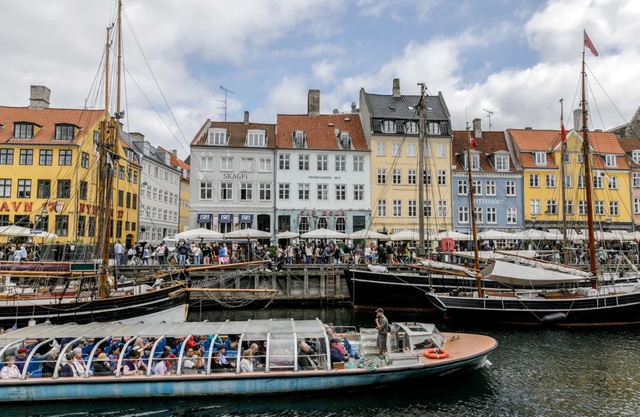
Many Americans are nervous about going to places like Copenhagen... at a time when Danes have only a 20% "favorability rating" for the United States.
PHOTO: Volha Shukaila
Anxiety prevails
Months into Trump’s second term, new data shows that demand for foreign tourists to the United States has dropped. According to data from the research firm Tourism Economics, international arrivals to the United States are expected to fall 5.1% and spending will fall 11%, or $18 billion, this year. Canadian travel companies alone are seeing cancellations of up to 30%. Meanwhile, some European countries are advising transgender citizens to avoid the United States.
Angry at Trump, Canadians boycott US tourism
The situation is not one-sided. For some Americans planning trips abroad or already traveling, the effects of the Trump administration are being felt acutely as they adjust to a new perception of America and Americans around the world.
Many people have expressed fear or hesitation about traveling abroad because of perceived backlash to the current administration’s policies and actions, including preemptive tariffs, treatment of allied nations, and threats to annex Canada and Greenland.
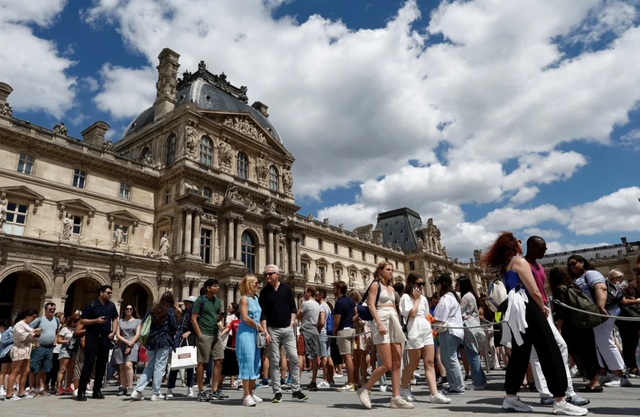
Popular European destinations like Paris seem less welcoming to Americans.
PHOTO: Reuters
Sierra Malone, a public relations and digital marketing professional, told CNN Travel she felt "more anxious" than usual ahead of her upcoming multi-day trip to Europe, departing in France this month.
“I haven't been out of the country since January and wondering how the world is viewing Americans, yes, I definitely have fear,” she said.
Americans no longer welcome?
According to data from YouGov, a British market research and data analytics company, “European favorability ratings of America” have dropped significantly in seven major countries in the region since Mr. Trump took office for a second time.
“Comparing our latest quarterly data to the most recent poll before Donald Trump was re-elected, favorable attitudes toward the United States have dropped between 6 and 28 percentage points,” the report said.
The report notes that favorable views of the United States are lowest in Denmark, unsurprising given that Greenland, which Mr Trump has vowed to annex, is an autonomous territory of the country. Only 20% of Danes have a favorable view of the United States, down sharply from 48% in August 2024. Only about a third of respondents in Sweden, Germany, France and the UK have a favorable view of the United States, while Italians and Spaniards have 42% and 43%, respectively.
Nick Leighton, a Manhattan-based etiquette expert and co-founder of the podcast "Were You Raised by Wolves?", said he's seen a recent surge in questions from listeners about the best way for Americans to "blend in" when traveling abroad. Leighton said it's best not to shy away from letting others know you're American. It's important for people around the world to meet as many different types of Americans as possible and see that they all represent more than just their passports.
For travelers like Lisa VanderVeen, a school administrator and avid traveler who spends five to seven weeks abroad each year, the current administration’s global policies — including its stance on Ukraine, a potential travel ban on people entering the country and “chaotic” trade policy — have actually made Americans pay more attention to international travel than they did during Trump’s first term.
“Before, I felt like he was more of a caricature of America than a threat outside the country. Now, I feel like he has more direct relevance to people living in other countries,” VanderVeen said.
As a result, many Americans say they feel concerned about their safety while abroad.
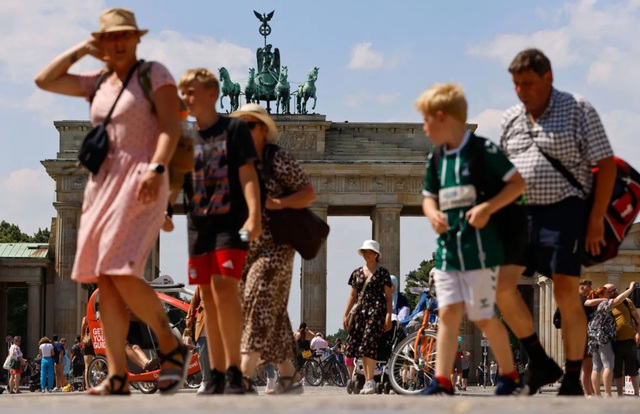
American tourists are asking how to dress to blend in wherever they go.
PHOTO: AFP
Meanwhile, Malone is wary of “being blamed for what’s going on” as she anticipates potential conversations — or confrontations — during her time abroad. “I want to, like, write on my forehead: I’m American, but I’m not that American, or that kind of American,” she says.
Source: https://thanhnien.vn/tai-sao-nguoi-my-so-di-du-lich-nuoc-ngoai-duoi-thoi-ong-trump-185250408095023393.htm




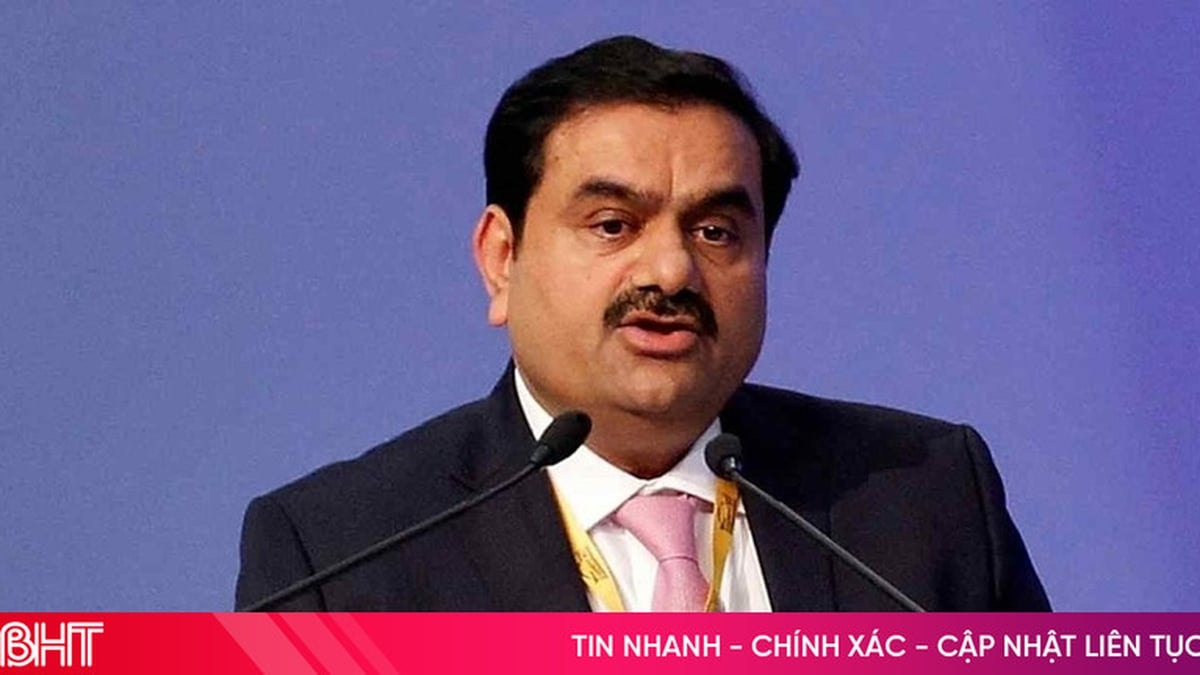

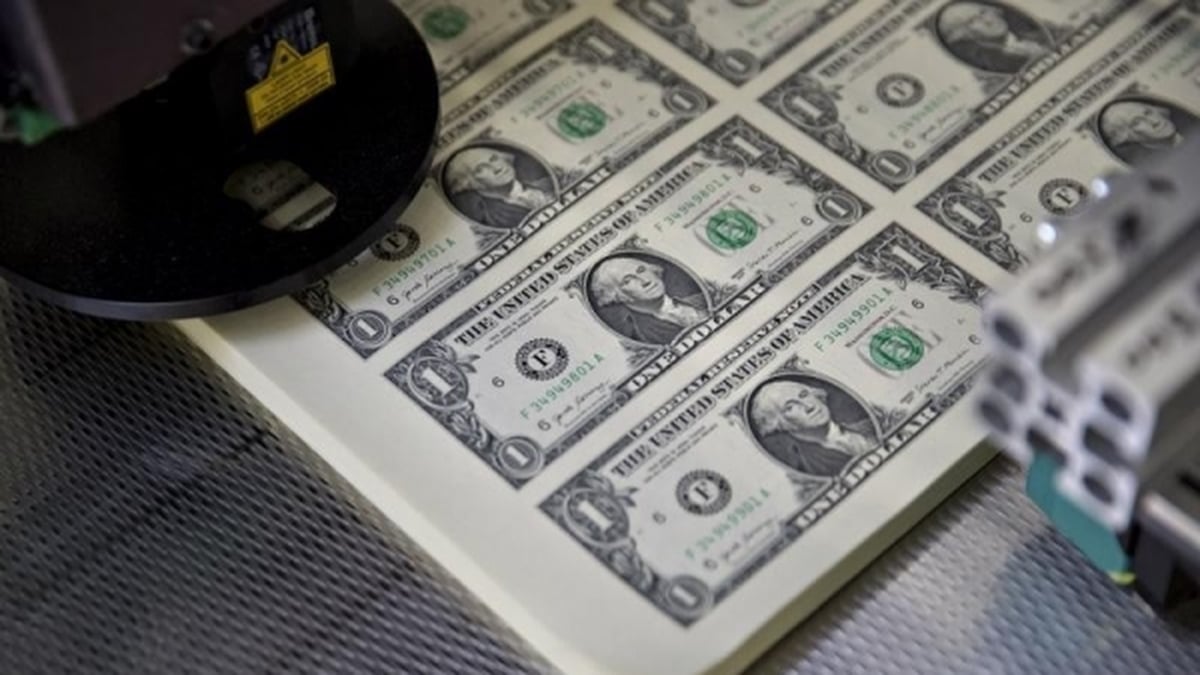



































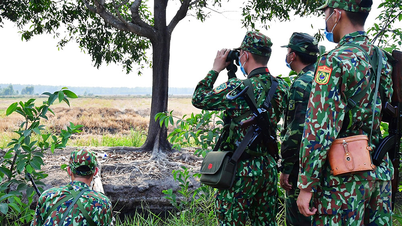











![[Maritime News] Container shipping faces overcapacity that will last until 2028](https://vphoto.vietnam.vn/thumb/402x226/vietnam/resource/IMAGE/2025/7/30/6d35cbc6b0f643fd97f8aa2e9bc87aea)









































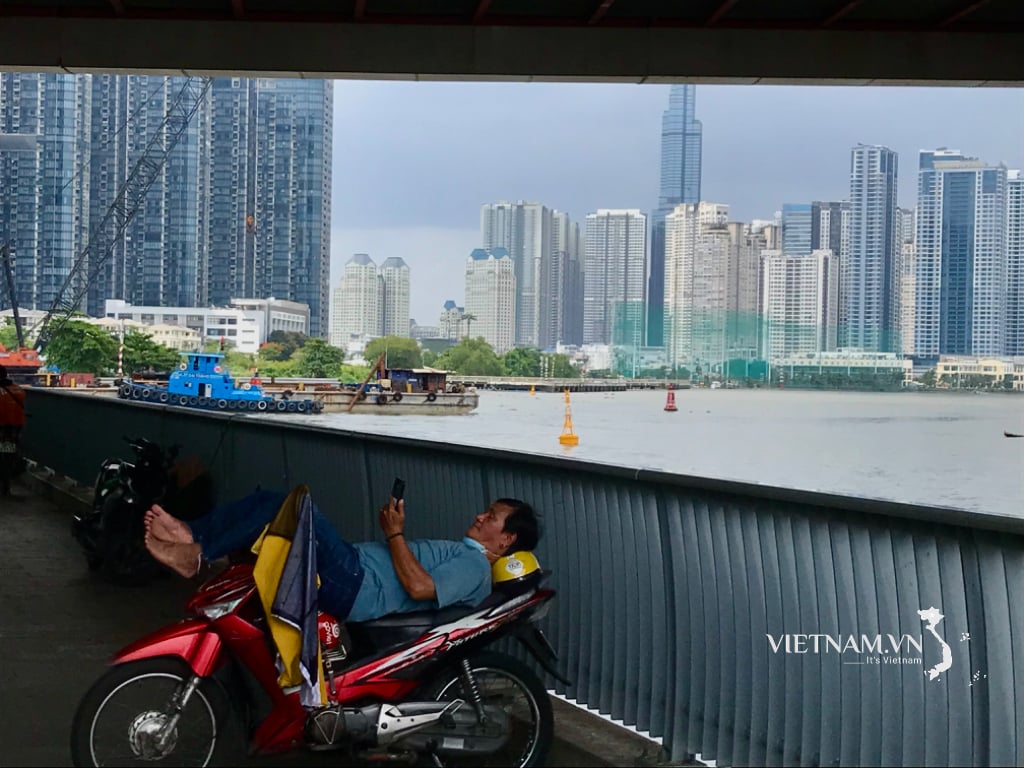
Comment (0)